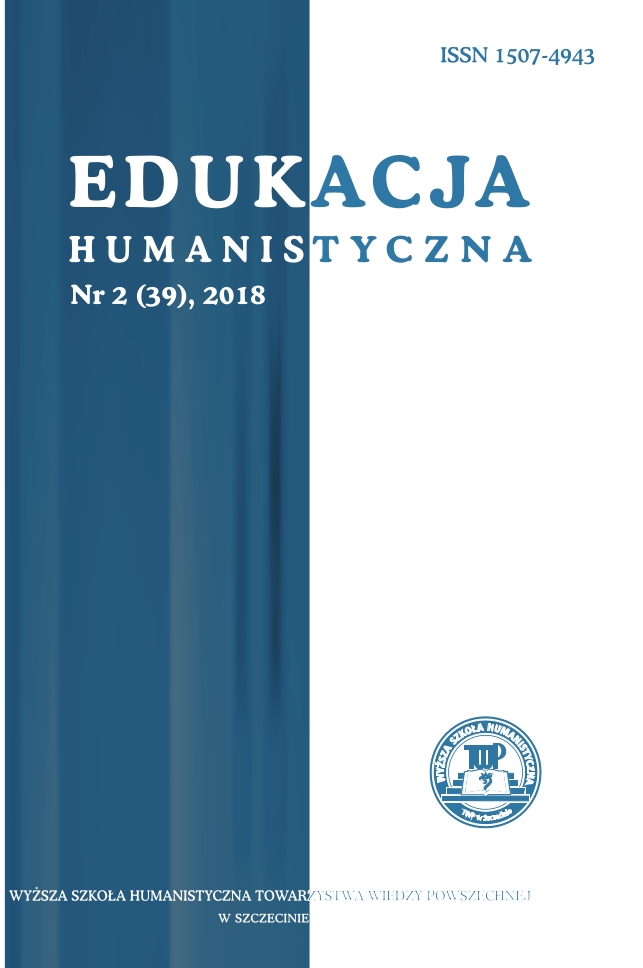Biologiczne korzenie kultury w ujęciu Konrada Lorenza
Biological roots of culture according to Konrad Lorenz
Author(s): Tomasz PerzSubject(s): Cultural history, Sociobiology, Sociology of Culture, Philosophy of History
Published by: Wydawnictwo OR TWP w Szczecinie
Keywords: ethology; evolution; fulguration; culture
Summary/Abstract: The article presents the views of Konrad Zacharias Lorenz, the ‘creator of ethology’, on the origins of culture. The key term is ‘fulguration’, which is the basic philosophical category of the author. This term depicts the nature of the process during which something that has not existed before comes into being (in standard English its meaning is different, from Latin fulgur, ‘lightning’). Accepting the evolutionary paradigm Lorenz reveals the phylogenetic sources of the coming into existence of that phenomenon in the history of organic emergence. He also defines the preliminary (requirements) that were indispensable for integrating the abilities resulting from phylogeny into a new quality: the human culture, liable for further phylogeny and new mechanisms of the development of the human spirit. The humanising process described in that way distinguishes between what is human and what is animal, and supplies instruments to discern what – in the structure of our behaviour – results from our biological heritage and what is subject to the cultural development. Lorenz treats culture as a living system and studies it with biological methods, showing the threats of human culture and proposes measures to prevent them.
Journal: Edukacja Humanistyczna
- Issue Year: 2018
- Issue No: 2
- Page Range: 17-25
- Page Count: 13
- Language: English, Polish

